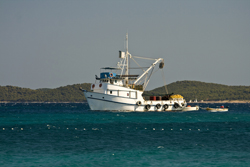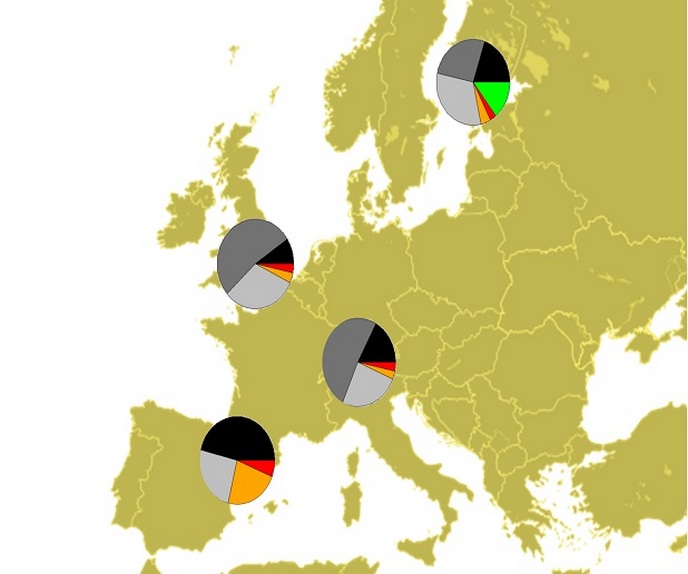Protecting Europe's shellfish from disease
Perkinsosis is a pathogen affecting molluscs through tissue degradation. Found along European coastlines, the disease, while not constituting a threat for human consumers of affected molluscs, causes high mortality of various commercial species — a nasty bite for international trade and affected economies. The genus Perkinsus presents cause for concern for shellfish industries worldwide, while the P. marinus species — exotic to Europe — is of major concern for oyster populations. Although research offers useful information on species affecting molluscs in North America, there is little reliable information regarding pathogens active in Europe's warmer waters. The 'Workshop for the analysis of the impact of perkinsosis on the European shellfish industry' (WOPER) project was established to set the stage for addressing this gap in knowledge. The EU-funded project brought together the research community and industry and administration representatives at a three-day workshop focused on the threat of perkinsosis to Europe's shellfish industry. Areas calling for elaboration were identified before the event, and participants were chosen to cover a range of geographic locations and professional fields. Workshop sessions centred on the thematic areas of disease parasites, epizootiology, host and pathogen interaction, effects on the shellfish industry, and control and fighting strategies. Attended by almost 80 professionals from Europe and beyond, the workshop updated the geographic range of the disease and susceptible species, identified possible impact on clam populations, marked current and future research priorities and developed recommendations for industry and policymakers. Promoted through dissemination activities and the WOPER website, project partners also took care to share the results of the event with scientists, organisations, stakeholders and the general public. Following the event, a book and accompanying CD were published with introductory reports, abstracts of all presentations, summaries of session discussions and overall workshop conclusions. With the innovative knowledge produced and many other positive results, the WOPER initiative made a major first step in addressing the scarcity of knowledge, the concerns and the future of research related to perkinsosis in Europe.







